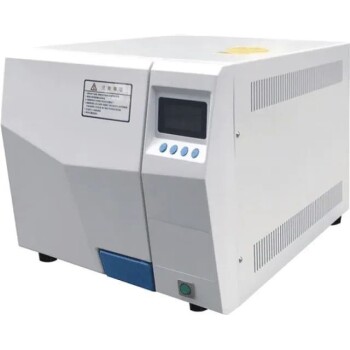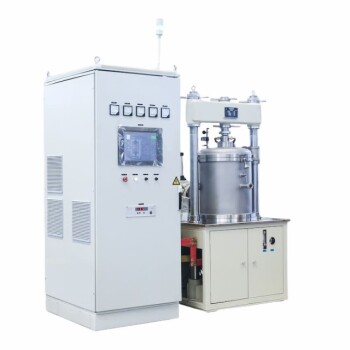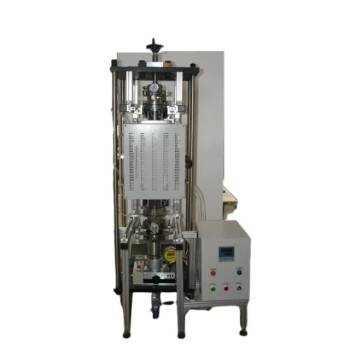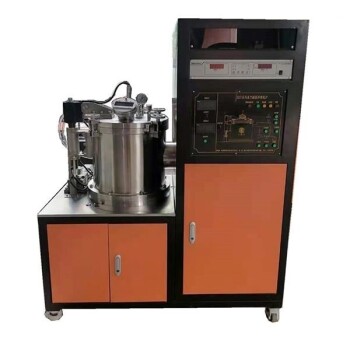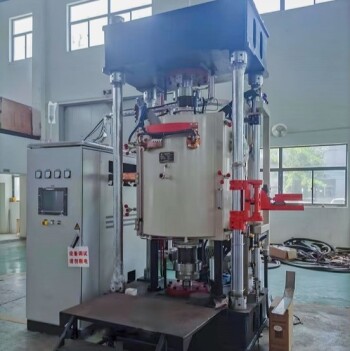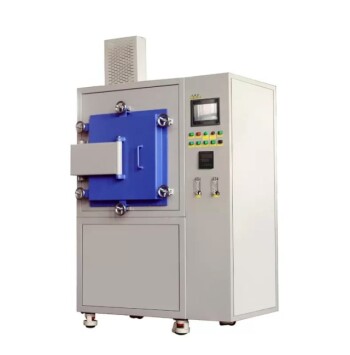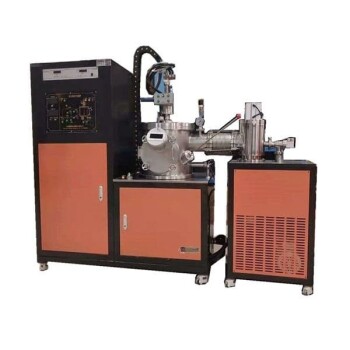Vacuum pumps, while essential in various laboratory and industrial applications, pose several safety hazards that must be carefully managed to prevent injuries, equipment damage, and environmental contamination. These hazards include the risk of chemical exposure, mechanical entanglement, implosions or explosions, and improper handling of pump oils. By understanding these risks and implementing appropriate safety measures, users can mitigate potential dangers and ensure safe operation.
Key Points Explained:
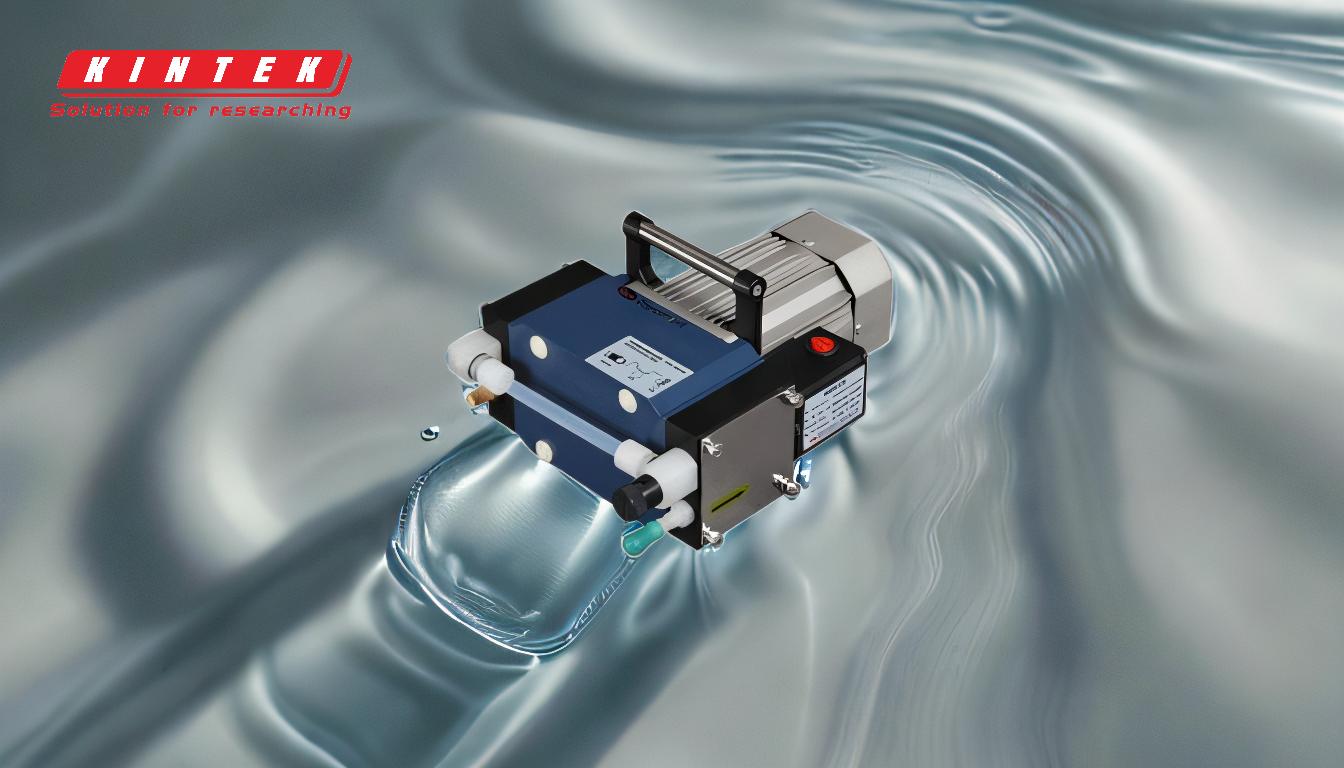
-
Chemical Exposure and Toxic Vapors
- Hazard: Vacuum pumps used with toxic or volatile chemicals (e.g., chloroform) can release harmful vapors into the laboratory environment if not properly contained.
-
Mitigation:
- Place pumps in a fume hood or vent them to a dedicated lab exhaust system.
- Use condensers and traps to capture toxic vapors and prevent them from entering the pump or the atmosphere.
- Ensure proper maintenance of traps and condensers to avoid leaks or failures.
-
Mechanical Hazards (Entanglement and Burns)
- Hazard: Rotating parts of vacuum pumps can entangle loose clothing, jewelry, or hair, leading to severe injuries such as burns, cuts, or exposure to hazardous substances.
-
Mitigation:
- Avoid wearing loose clothing, jewelry, or having loose hair near the pump.
- Use protective guards or enclosures to shield rotating parts.
- Ensure proper training for personnel on safe operating procedures.
-
Implosions and Explosions
- Hazard: Flawed glassware or the concentration of unstable impurities during evaporation can lead to implosions or explosions. Heating unbalanced mixtures (e.g., organic asides, acetylides, nitro-containing compounds) can also cause violent reactions.
-
Mitigation:
- Inspect glassware for flaws before use.
- Avoid concentrating unstable impurities; use appropriate purification steps.
- Exercise caution when heating reactive or strained compounds.
-
Improper Handling of Pump Oils
- Hazard: Using incorrect or mixed pump oils can damage the pump or create safety risks. Heated oil vapors from diffusion pumps can react explosively with air if not allowed to cool before maintenance.
-
Mitigation:
- Use only the specified pump oil for each type of pump (e.g., diffusion pump, roughing pump).
- Store pump oils in clearly labeled containers to prevent mix-ups.
- Allow oil diffusion pumps to cool to ambient temperature before performing maintenance.
- Consider using silicone-based pump oils, which eliminate the risk of explosive reactions with air.
-
Electrical Hazards
- Hazard: Improper handling or maintenance of vacuum pumps can lead to electrocution or electrical fires.
-
Mitigation:
- Follow standard electrical safety practices, such as ensuring proper grounding and avoiding water exposure.
- Regularly inspect electrical components for wear or damage.
- Provide training on electrical safety for all personnel.
-
Environmental Contamination
- Hazard: Improper disposal of pump oils or failure to contain toxic vapors can lead to environmental contamination.
-
Mitigation:
- Use secondary traps to prevent solvents from damaging the pump or being absorbed into the oil.
- Dispose of used pump oils and contaminated materials according to local regulations.
- Regularly inspect and maintain traps and condensers to ensure they function effectively.
By addressing these key hazards through proper training, equipment maintenance, and adherence to safety protocols, users can significantly reduce the risks associated with vacuum pump operation. Always prioritize safety to protect personnel, equipment, and the environment.
Summary Table:
| Hazard | Mitigation Strategies |
|---|---|
| Chemical Exposure | Use fume hoods, condensers, and traps; maintain equipment regularly. |
| Mechanical Hazards | Avoid loose clothing/jewelry; use protective guards; train personnel. |
| Implosions/Explosions | Inspect glassware; avoid unstable impurities; handle reactive compounds carefully. |
| Improper Oil Handling | Use correct pump oils; store oils properly; cool diffusion pumps before maintenance. |
| Electrical Hazards | Ensure proper grounding; inspect electrical components; provide safety training. |
| Environmental Contamination | Use secondary traps; dispose of oils and materials per regulations; maintain traps. |
Ensure your lab operates safely—contact our experts for tailored vacuum pump safety solutions!






